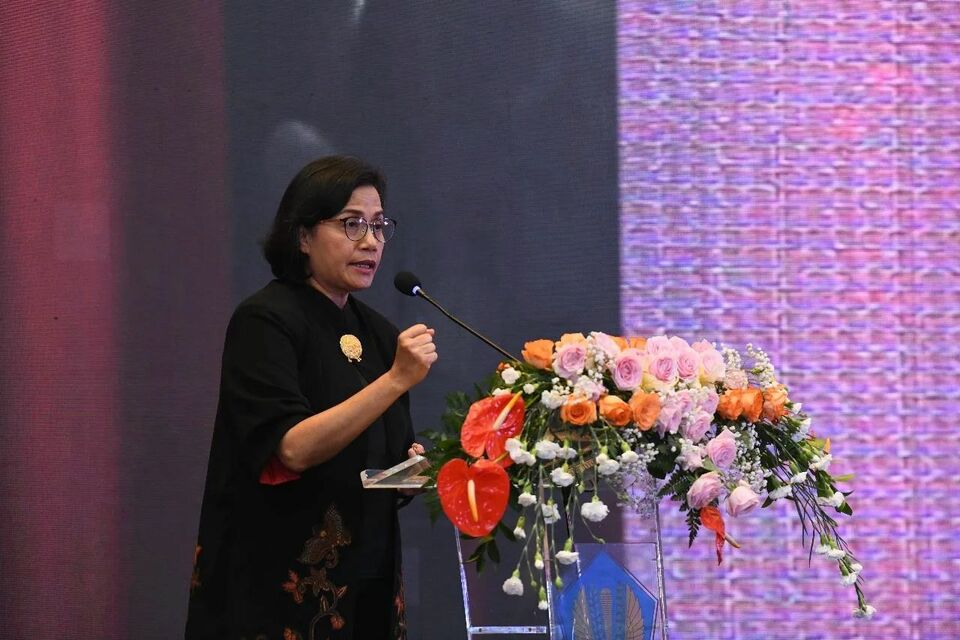JAKARTA, 11 August 2023 – The Indonesian government announced on Friday that the state budget has achieved a surplus of Rp 153.6 trillion ($10 billion), which is equivalent to 0.72 percent of the gross domestic product for the first seven months of the year.
During this period, state revenue reached Rp 1,614.8 trillion, accounting for 65.6 percent of the full-year target of Rp 2,463 trillion. This revenue marked a 4.1 percent increase compared to the same period last year, according to Finance Minister Sri Mulyani Indrawati’s statement in Jakarta.
State spending was recorded at Rp 1,461.2 trillion, representing 47.7 percent of the projected expenditure of Rp 3,061.2 trillion for the entire year.
The largest portion of state revenue came from tax collections, which totaled Rp 1,109 trillion in the first seven months, amounting to 64.56 percent of the full-year target.
These figures reflect a 7.8 percent increase compared to the corresponding period last year.
The current tax revenue composition includes Rp 636.56 trillion from non-oil and gas income taxes, Rp 414.76 trillion from value-added and luxury taxes, Rp 45.31 trillion from oil and gas income taxes, and Rp 9.6 trillion from land and building taxes.
The government also collected Rp 135.4 trillion in excise revenue.
Non-tax revenue, including dividends from state-owned companies, stood at Rp 302.1 trillion.
Meanwhile, central government spending amounted to Rp 1,020 trillion, of which Rp 493 trillion was allocated to ministries and state agencies.
This spending category covers civil servant salaries, major infrastructure projects, social assistance, expenses related to the upcoming general elections, and the construction of the new state capital, Nusantara.
An additional Rp 527.4 trillion was allocated for programs directly impacting the poor, such as energy and fertilizer subsidies, pension funds, health insurance for low-income families, housing subsidies, scholarships, and job creation programs.
The remaining funds were transferred to regional governments.

